Food is not just a necessity; it is an integral part of human culture, history, and identity. From
the simple act of nourishing our bodies to the intricate rituals and ceremonies surrounding
meals, food plays an essential role in our daily lives. In every corner of the globe, food
reflects the local culture, economy, and traditions, and it brings people together. Whether it’s
a family gathering, a festive celebration, or a simple snack to satisfy hunger, food unites us
across boundaries. In this article, we will explore the significance of food, its cultural
diversity, and its impact on health and well-being.
The Role of Food in Culture and Tradition
Food holds a deep cultural significance in societies around the world. It goes beyond just
sustenance; it is tied to tradition, identity, and ritual. For example, in many cultures, meals
are more than just an opportunity to eat; they are a time for community. Take, for instance,
the concept of “breaking bread” in Western cultures. The act of sharing bread is symbolic of
unity and fellowship. Similarly, in Jewish culture, the Friday night Shabbat meal is not just
about food but about coming together to celebrate family and faith.
In India, food is often part of religious and social rituals. Many dishes are cooked to honor
deities, and festivals like Diwali or Holi feature distinct foods that symbolize joy, prosperity,
and the triumph of good over evil. Similarly, in many Asian cultures, food offerings are made
to ancestors as a way of showing respect and gratitude.
Even within a single country, regional variations in cuisine provide insight into the history and
geography of that place. For example, Italy’s culinary traditions vary from region to
region—northern Italy is known for its rich, creamy dishes, while southern Italy’s cuisine is
heavily influenced by the Mediterranean with its lighter, vegetable-based meals.
18hoki of Food
One of the most fascinating aspects of food is the immense diversity that exists around the
world. Every country, every region, and even every family has its own distinct culinary
traditions. From the rich, spicy curries of India to the delicate sushi of Japan, food offers a
glimpse into the soul of a culture.
In Africa, food varies widely between regions, with rice, maize, and millet forming the staple
diet in many countries. In West Africa, the traditional dish of jollof rice, made with tomatoes,
onions, and a variety of spices, is a symbol of hospitality and celebration. In contrast, the
East African coast has a heavy influence from Arab and Indian cuisines, with dishes like
biryani and chapati being common.
Latin America is another region with a rich and diverse culinary history. Mexican cuisine, for
example, is known for its use of corn, beans, and chili peppers. Dishes like tacos,
enchiladas, and tamales are popular throughout the country, each with its own variation
depending on the region. Similarly, in countries like Brazil and Argentina, beef plays a central
role, with churrasco (grilled meats) being a beloved dish. The diversity of food in Latin
America is a reflection of the cultural fusion brought about by indigenous traditions and
colonial influences.
In Europe, each country offers a unique perspective on food. The French are known for their
gastronomic excellence, with a long-standing tradition of haute cuisine. French food is a
blend of technique and artistry, with dishes like escargot, coq au vin, and croissants being
revered globally. In Spain, tapas—a variety of small dishes meant for sharing—are a social
experience, and in Italy, pasta and pizza have become internationally beloved.
Food and Health: The Connection
In addition to its cultural significance, food is deeply tied to our health and well-being. The
types of food we consume have a profound impact on our physical and mental health. A
balanced diet, rich in fruits, vegetables, whole grains, lean proteins, and healthy fats, is
essential for maintaining a healthy body. Food provides the nutrients our bodies need to
function properly, from vitamins and minerals to carbohydrates and proteins.
In recent years, there has been an increased awareness of the importance of eating whole,
unprocessed foods. Diets like the Mediterranean diet, which emphasizes vegetables,
legumes, olive oil, and lean proteins such as fish, have been shown to promote heart health
and longevity. On the other hand, highly processed foods that are rich in sugars, unhealthy
fats, and artificial additives have been linked to numerous health issues, including obesity,
diabetes, and heart disease.
Food also has a connection to mental health. Certain foods, like those rich in omega-3 fatty
acids, antioxidants, and vitamins, have been shown to improve mood and cognitive function.
Conversely, a poor diet can contribute to mental health issues such as depression and
anxiety. The relationship between food and mental health is a growing area of research, as
scientists uncover the impact of what we eat on our emotional well-being.
Sustainable Eating: A New Era of Conscious Consumption
As awareness of the environmental impact of food production grows, there has been a shift
toward more sustainable eating habits. The production of food, particularly animal products,
contributes significantly to climate change, deforestation, and pollution. As a result, many
individuals and organizations are advocating for plant-based diets, organic farming practices,
and reducing food waste.
Sustainable eating also involves supporting local farmers and food producers. By purchasing
locally grown produce and seasonal ingredients, consumers can reduce their carbon
footprint and support their local economy. Additionally, the emphasis on reducing food
waste—by properly storing food, using leftovers creatively, and minimizing
overproduction—can play a key role in making food systems more sustainable.
Conclusion
Food is much more than just fuel for the body; it is an expression of culture, a connector of
people, and a crucial part of our health and environment. As we continue to explore new
culinary horizons and adapt to changing environmental and health challenges, our
relationship with food will continue to evolve. Whether we are enjoying a meal with loved
ones, trying a new dish from another culture, or making mindful choices about what we eat,
food remains one of life’s greatest pleasures and necessities. It is a reflection of who we are
and where we come from, a powerful force that nourishes not only our bodies but our souls.
The Wonders of Food: A Journey Through Culinary Diversity
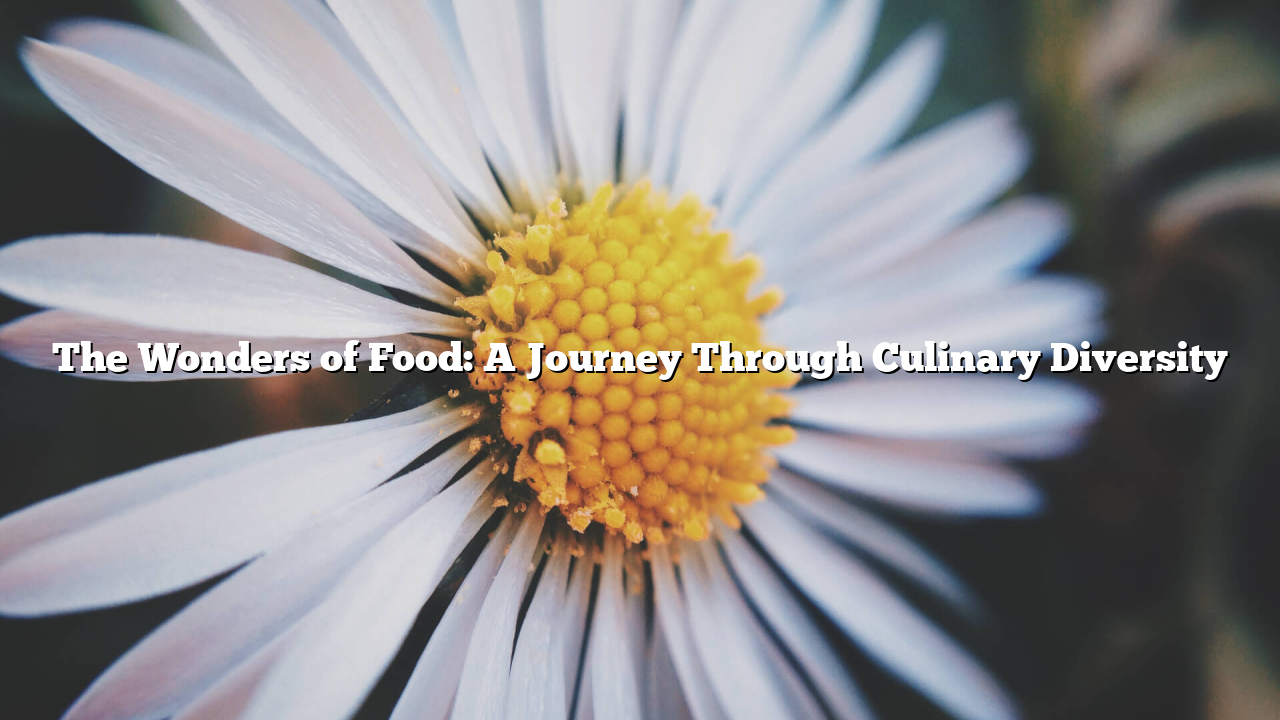
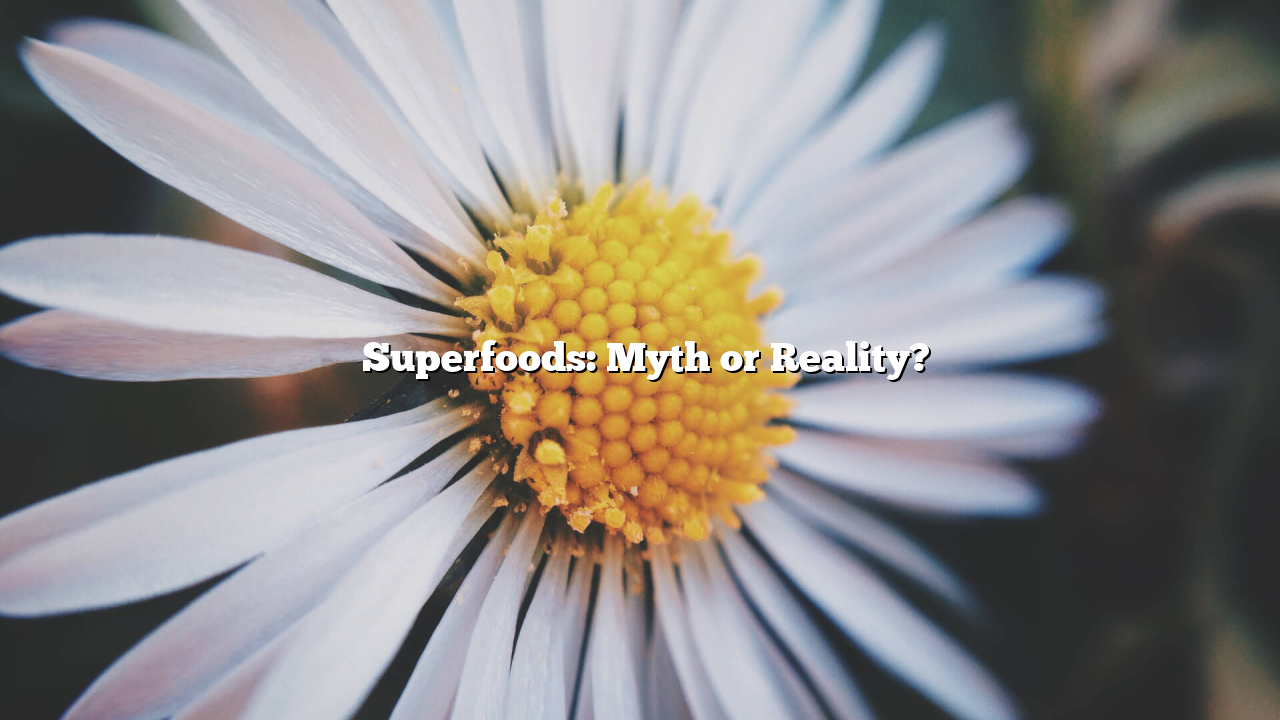
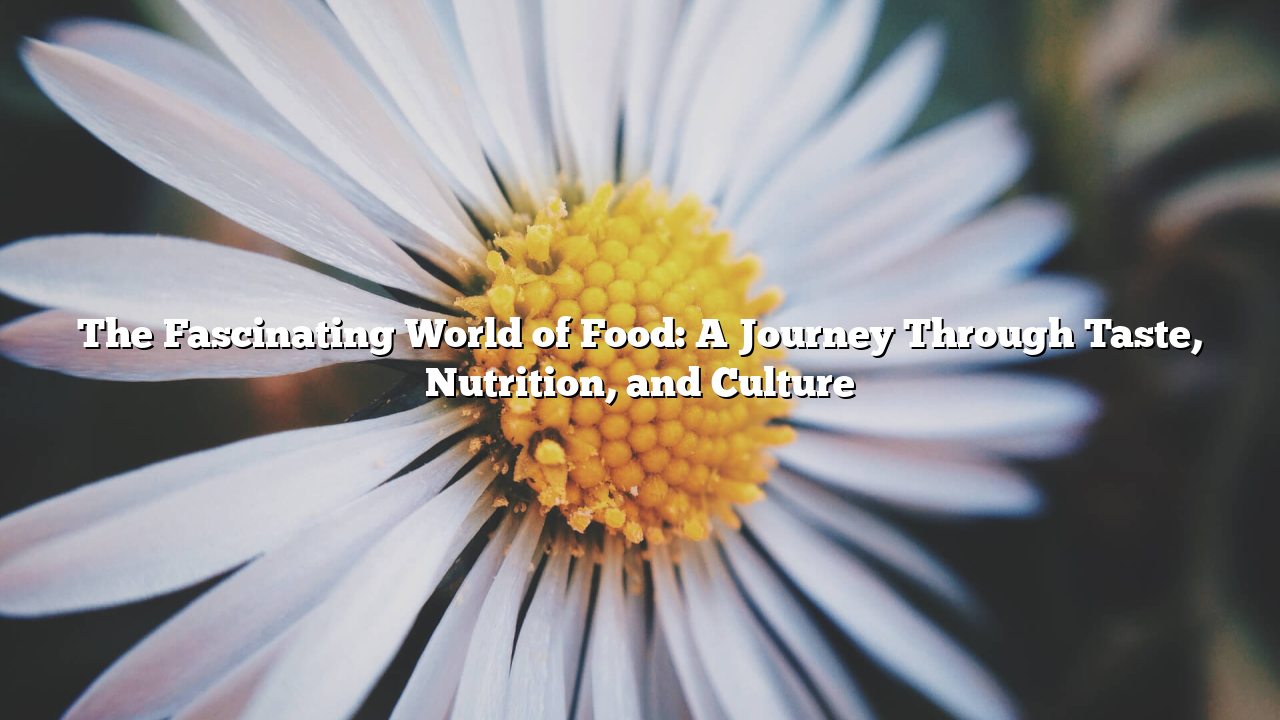
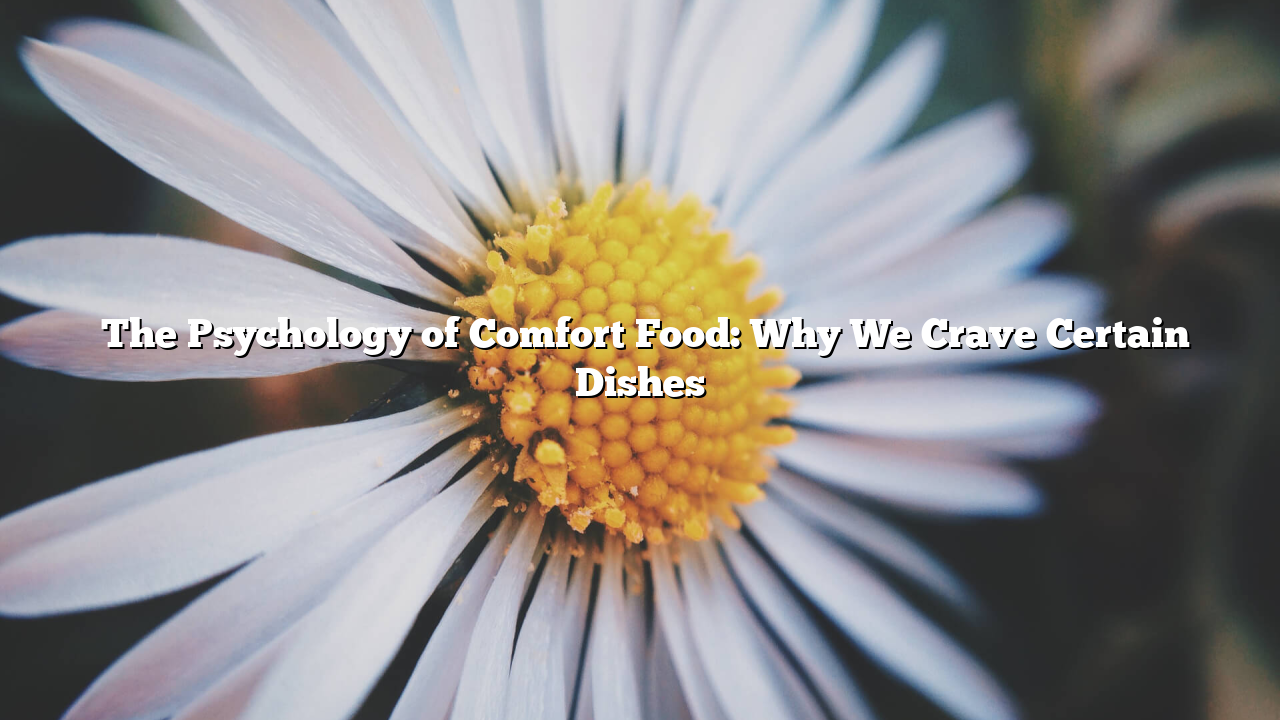

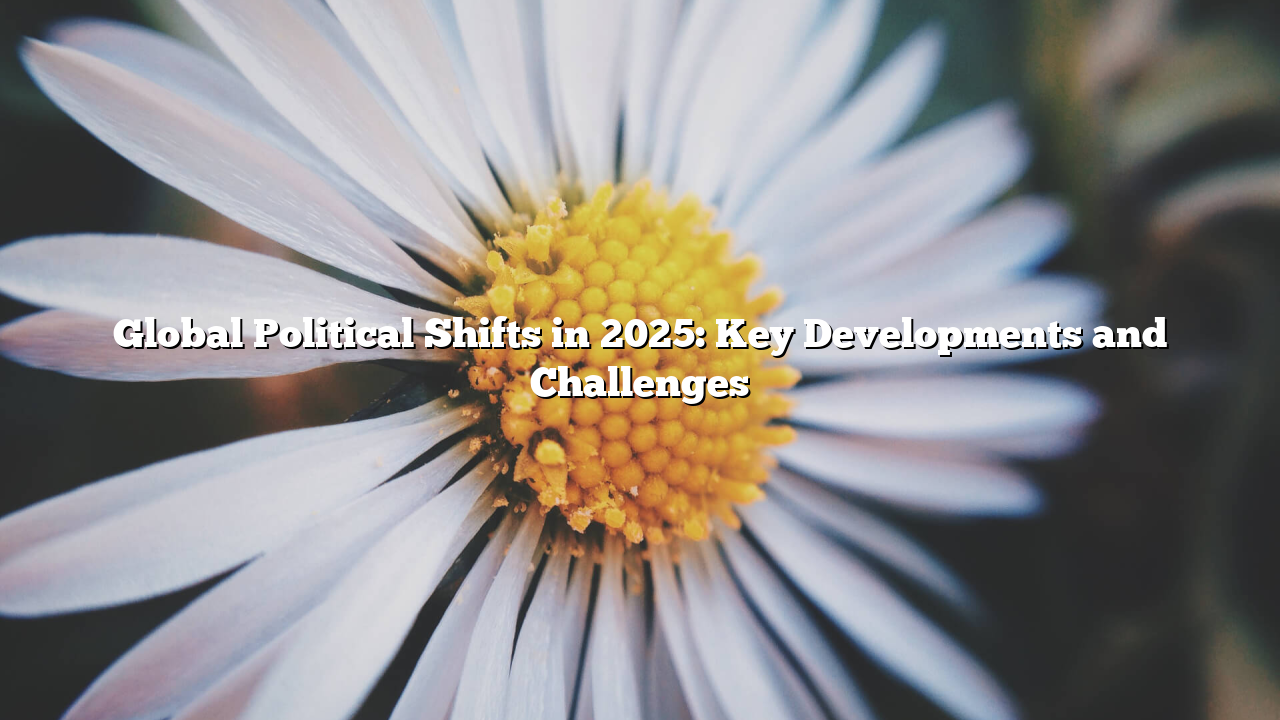


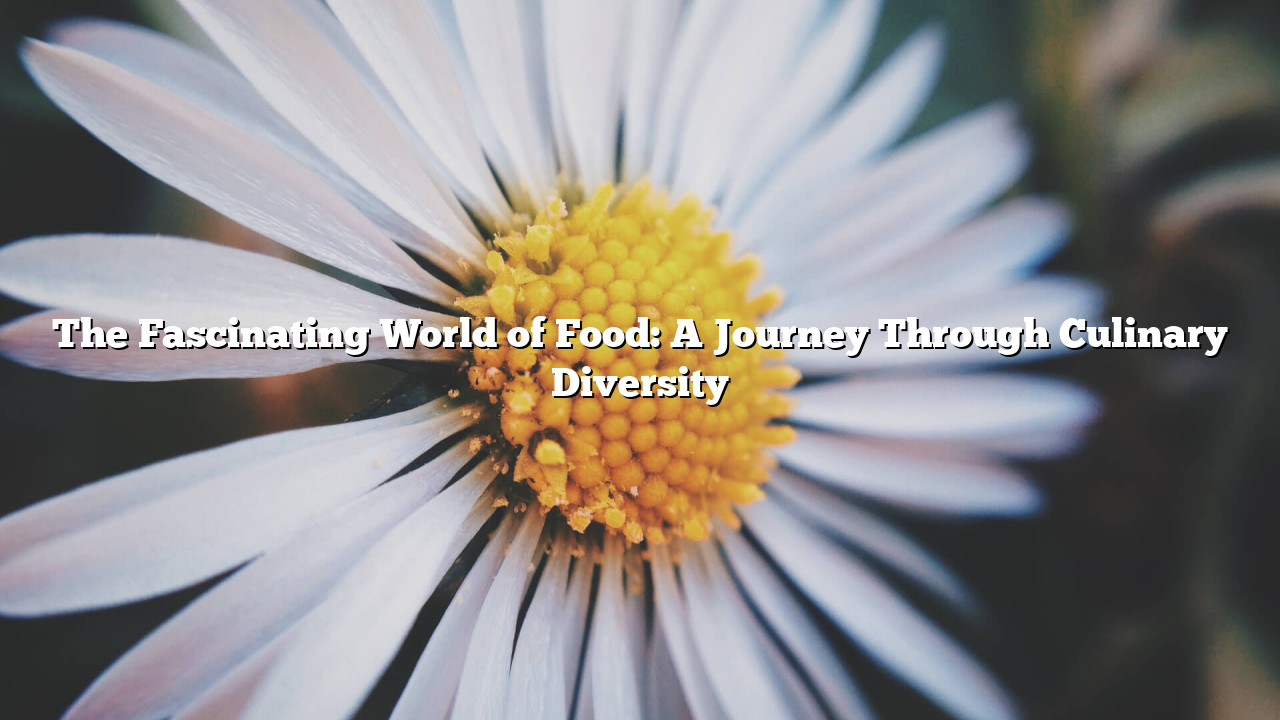


Leave a Reply